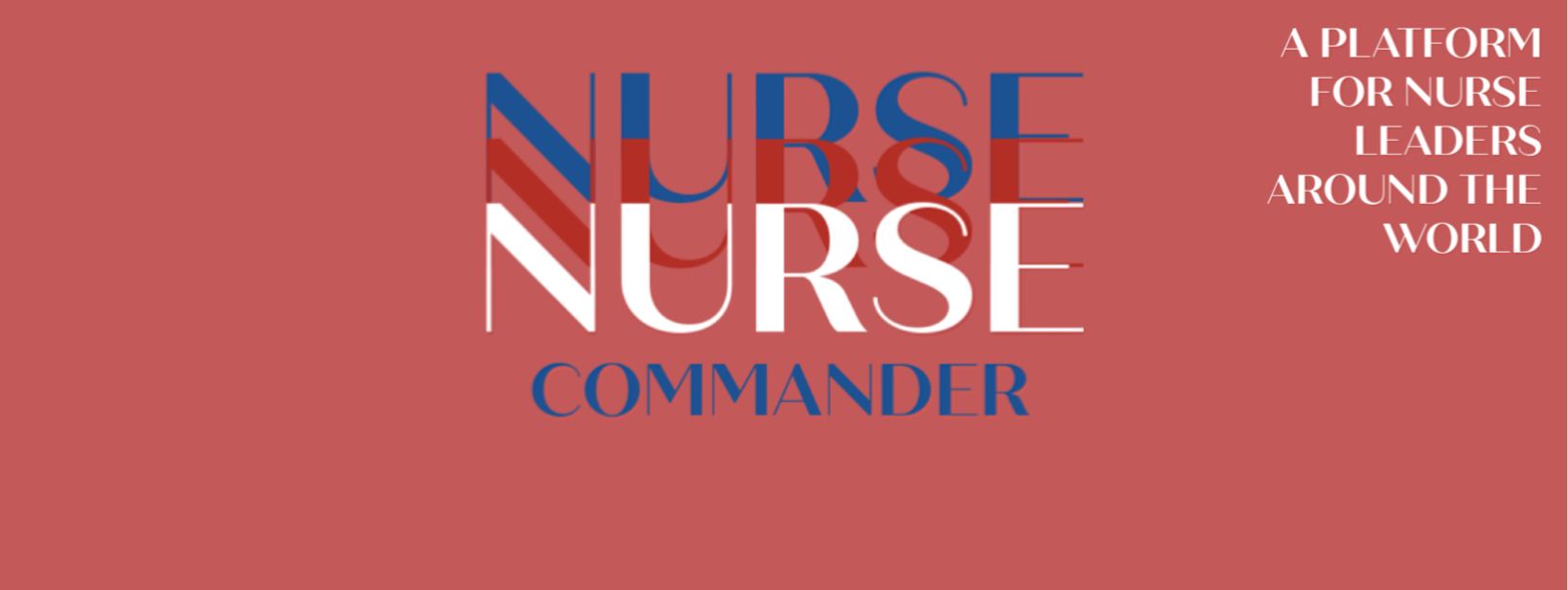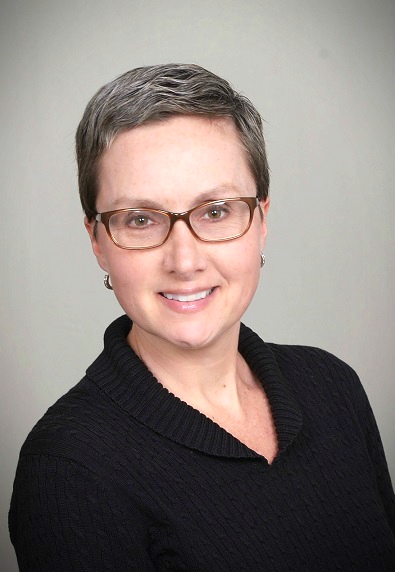Shannon Davila, RN, MSN, is the Director of the Institute for Quality and Patient Safety at the New Jersey Hospital Association. She manages quality and safety initiatives for 72 hospitals and facilities throughout the state. She has been with the Hospital Association for over seven years and continues to lead safety initiatives through governmental grants and initiatives for the state.
Davila heavily references the APIC Competency Model while navigating this health care crisis. Davila states that “as a leader in infection prevention there are different areas of expertise: leadership, professional stewardship, research, operations, quality improvement, and informatics.” For this particular crisis, Davila has been mostly focusing on the leadership component, mainly on communication skills. She states that in these times, leaders have to communicate quickly, concisely and with targeted information, because the front line does not have the luxury of time to sift through information, so she aims to reduce that burden for her 72 institutions by knowing what is important to communicate to them.
In terms of infection prevention guidelines, critical thinking is an extremely important part of being a nurse leader and being able to translate the evidence to practice. Davila states that in a crisis like this, there is a lot of new practice that is not supported by a strong body of evidence, such as decontamination of N95 masks. Organizations are faced with the challenge of implementing interventions that are only indicated as part of crisis mitigation plans. To step up as a nurse leader who understands these difficult decisions, Davila researches the evidence that is available: what is good what is not, what is approved what is not, and then sift through the credible information and deliver the essential recommendations to the infection preventionists to implement the best option, since these individuals do not have the time or capacity while on the front lines.
As a former critical care nurse, Davila can feel the sentiment of what front line nurses and infection preventionists are experiencing and doing – and in that way she can really understand what they need the most, she can bring them the information that they need the most without weighing them down with excess information that is not important right now. Davila feels that mentorship at this time is critical. During this crisis, Davila, acting as an informal mentor at times, guides infection preventionists around the state when they are seeking evidence for practice that does not exist, by providing research tools, linking to other specialists in the region, and give recommendations from her experience.
The biggest challenge for Davila has been “prioritizing all the calls that come in 24 hours a day 7 days a week with questions and concerns and everyone needs fast responses. It comes back down to basic nursing 101 – first you assess then you prioritize. We are getting there.” Davila also credits her team for providing constant support and being present throughout.


